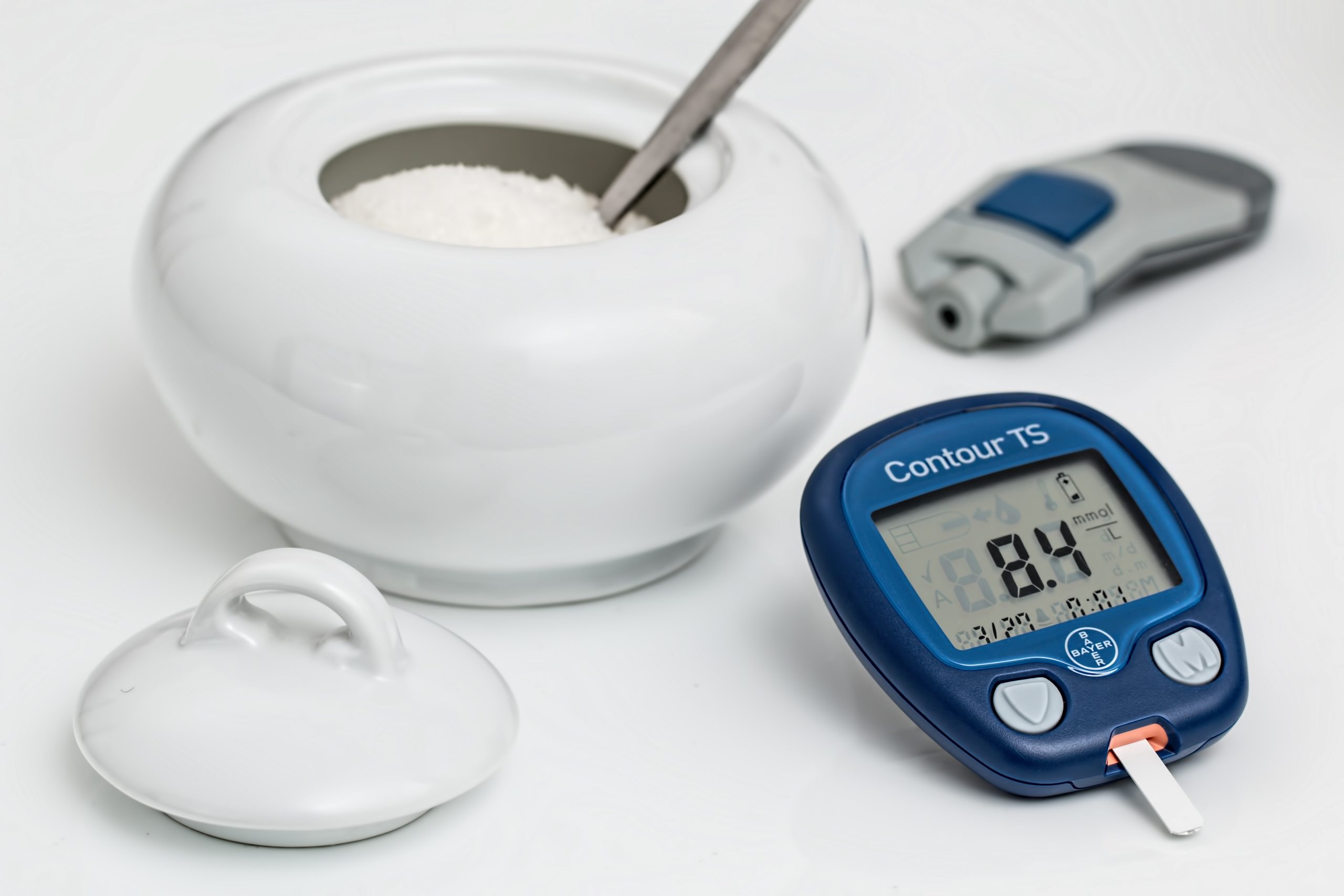As we begin 2018, we will be focusing first on diabetes, one of the most pressing health issues in America. Diabetes is a leading cause of premature death in rural areas like ours, and the seventh leading cause of death in the United States overall.
Diabetes is a disease that occurs when your blood sugar is too high. It is caused by a problem with insulin, the hormone that helps your body turn sugar into energy. In type 1 diabetes, the body does not make enough insulin. In type 2 diabetes, the body makes insulin, but it is overwhelmed and the insulin can’t do its job. Left untreated, diabetes can cause major health problems, such as heart attack, stroke, kidney disease, infection, nerve damage, and can result in the loss of a foot or a leg.
Because it is a growing problem in our community, we will be focusing on type 2 diabetes. However, you can learn more about type 1 diabetes and gestational diabetes at the Centers for Disease Control and Prevention (CDC) website here.
Type 2 diabetes develops over time and is usually diagnosed in adults. Being overweight puts people at higher risk for developing the disease. Because more and more people are struggling with their weight, the number of adults (and children) with diabetes is growing.
Many people with diabetes don’t know they have it. Here are some warning signs to look for:
- Frequent need to go to the bathroom
- Extreme thirst
- Sudden unexplained weight loss (more than 10 pounds)
- Blurry vision
- Numbness or tingling in the hands and feet
- Sores that are slow to heal
Diabetes in our Region
The rate of diabetes in the Cambria/Somerset region (13%) is higher than the state average of 11%. Those numbers are even worse when you consider the size of the population of each county.
As of 2017, Cambria County was home to 136,411 people. This means that about 17,700 people in Cambria County have been diagnosed with diabetes. Somerset County’s population as of 2017 was 75,522, which means that about 9,800 people have been diagnosed with the disease.
A couple of familiar Pennsylvania landmarks can help explain the importance of these numbers. Penn State University’s Beaver Stadium has just under 107,000 seats. The number of people with diabetes in Cambria and Somerset counties would cover more than the whole student section at Beaver Stadium! That is more than 3 times the number of people that could fit in Johnstown’s Point Stadium, which can hold 7,500 people. Diabetes affects so many people in our community that you most likely know a family member or friend who has this health condition.
How to Combat Diabetes
Type 2 diabetes can be prevented or delayed with healthy lifestyle changes. The most important way to combat this disease is to address the risk factors.
- Overweight/Obesity – Obesity is the most common cause of type 2 diabetes, so losing weight (and keeping it off), maintaining healthy eating habits, and getting regular exercise are some of the best ways to prevent or control the disease.
- Family history of diabetes – It is important to know that you are not a prisoner to your family genetics. Even if diabetes is common in your family, you can break the cycle of diabetes by eating healthy food and exercising.
- Lack of physical activity – If you sit at a desk all day or just don’t move around a lot, your risk of diabetes goes up. What can you do? Take the stairs at work. Pump up the jams and dance while making dinner or cleaning the house. Even a little movement can make a huge difference.
- Smoking – Diabetics who smoke are more likely to have heart disease, kidney problems, and blockage of blood flow that can lead to blindness and the loss of a limb. If you smoke, the best thing you can do for your health is to stop!
The Conemaugh Diabetes Institute provides education and support services to people in Pennsylvania through clinics in Johnstown, Meyersdale, Roaring Springs, Ebensburg, and Hastings.
The Chan Soon-Shiong Medical Center at Windber also offers nutrition counseling to help people get their blood sugar under control. They have a registered dietitian available to answer your questions about healthy eating.
The Somerset Hospital Diabetes Education Center works with patients to prevent or manage diabetes and offers many resources, such as individual and group education, as well as daytime and evening appointments and classes.
You can also find help and resources through the National Diabetes Prevention Program, a partnership of public and private organizations working to prevent or delay type 2 diabetes. Use the website to find classes located near you and learn more about the program.
Because diabetes is a complex disease, this blog post cannot cover all the ins and outs of type 2 diabetes. For more information, here are some websites that can help you learn more about disease:
- The Centers for Disease Control and Prevention: https://www.cdc.gov/diabetes/home/index.html
- The American Diabetes Association: http://diabetes.org/
- National Institute for Diabetes and Digestive and Kidney Diseases: https://www.niddk.nih.gov/
Visit the Center’s website often to watch for more opportunities to participate in events and programs to prevent and control diabetes.

